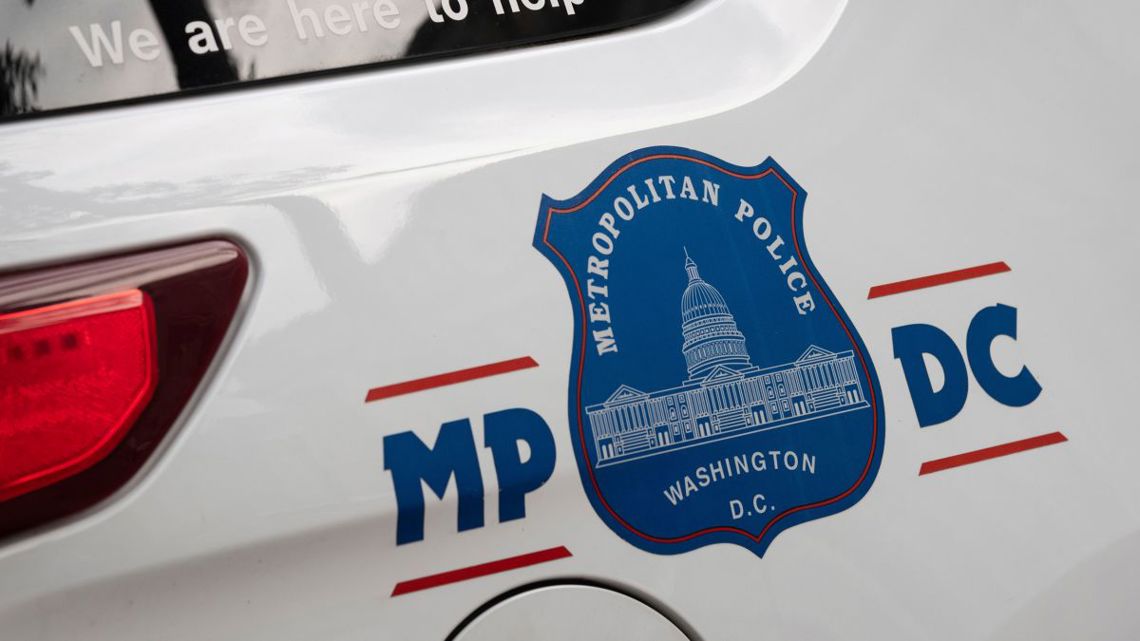Many readers have asked us questions about the Medicare drug price negotiation. We VERIFY when some seniors could see lower medication costs.


President Joe Biden’s administration announced on Tuesday, Aug. 29 the first 10 prescription medications that will be included in price negotiations between Medicare and drug companies.
The first-ever negotiation process, which aims to lower prescription drug prices, was authorized under the Inflation Reduction Act (IRA). The IRA was signed into law in August 2022.
Many VERIFY readers have asked us questions about the drug price negotiations, including whether prices for people on Medicare will drop soon. Some online posts claim that the negotiated drug prices will not take effect until 2026.
THE QUESTION
Are negotiated drug prices for Medicare set to take effect in 2026?
THE SOURCES
THE ANSWER
![]()
Yes, negotiated drug prices for Medicare are set to take effect in 2026.
WHAT WE FOUND
The Inflation Reduction Act allows Medicare to directly negotiate prescription drug prices with pharmaceutical companies.
Medicare recipients could see lower out-of-pocket drug costs as a result of the negotiations, but that depends on multiple factors.
In a press release on Aug. 29, the U.S. Department of Health and Human Services (HHS) said the first round of price negotiations between Medicare and drug companies will take place in 2023 and 2024. But new prices as a result of the negotiations won’t take effect until 2026.
The Centers for Medicare and Medicaid Services (CMS) outlines a drug price negotiation timeline on its website.
Drug companies have to sign agreements to participate in the negotiation process by Oct. 1, 2023. CMS will then offer prices to the drug companies by Feb. 1, 2024, and those companies have one month to either accept the new prices or make counteroffers.
Negotiations will end on Aug. 1, 2024, and CMS will publish the negotiated maximum fair prices one month later, according to the federal agency’s timeline.
Any lower drug prices will officially take effect on Jan. 1, 2026.
For the first two rounds of negotiations, CMS is only selecting drugs that are covered under Medicare Part D, the federal health insurance program’s voluntary prescription drug benefit.
- Eliquis, a blood thinner
- Jardiance, a drug that treats diabetes and heart failure
- Xarelto, a blood thinner
- Januvia, a diabetes drug
- Farxiga, a drug that treats diabetes, heart failure and chronic kidney disease
- Entresto, a drug that treats heart failure
- Enbrel, a drug that treats rheumatoid arthritis, psoriasis and psoriatic arthritis
- Imbruvica, a drug that treats blood cancers
- Stelara, a drug that treats psoriasis, psoriatic arthritis, Crohn's Disease and ulcerative colitis
- Fiasp; Fiasp FlexTouch; Fiasp PenFill; NovoLog; NovoLog FlexPen; and NovoLog PenFill, which are used to treat diabetes
According to the Kaiser Family Foundation (KFF), these drugs are among the top 50 with the highest Medicare Part D spending. Medicare recipients spent $3.4 billion out of pocket for these drugs in 2022, according to HHS. The cost for CMS was even higher, totaling $50.5 billion from June 1, 2022 to May 31, 2023.
It’s unclear how many Medicare recipients will see lower out-of-pocket drug costs as a result of the negotiations and by how much. The savings are dependent upon a number of factors, including whether Medicare Part D enrollees pay flat copayment amounts or coinsurance rates for the drugs in their chosen plan, KFF says.
Apart from potential out-of-pocket cost savings, the drug price negotiations could improve Medicare Part D enrollees’ access to drugs that are selected for negotiation. That’s because Part D plans are required to cover all selected drugs with negotiated maximum fair prices, according to KFF. Under current law, Part D plans can generally choose which drugs they do and do not cover.
The first 10 drugs that CMS has chosen aren’t the only ones that will be subject to price negotiations, either.
In future years, CMS will choose 15 more drugs covered under Part D for 2027, up to 15 more drugs for 2028 (including those covered under Medicare Parts B and D), and up to 20 more drugs for each year after that, HHS says.
However, drug companies are pursuing legal action to stall or stop the negotiations process.
Individual drugmakers and a lobbying group are suing over claims that the process is “unconstitutional in a variety of ways, from violating freedom of speech to unlawful government seizure and excessive fines,” KFF says.
These groups are also arguing that requiring companies to negotiate drug prices with the government will impede the development of new drugs, according to KFF.
The IRA doesn’t authorize the federal government to negotiate drug prices for people who have other types of insurance and won’t directly impact drug prices for people who are not on Medicare.
The VERIFY team works to separate fact from fiction so that you can understand what is true and false. Please consider subscribing to our daily newsletter, text alerts and our YouTube channel. You can also follow us on Snapchat, Twitter, Instagram, Facebook and TikTok. Learn More »
Follow Us
Want something VERIFIED?
Text: 202-410-8808
.png)









 English (US) ·
English (US) ·